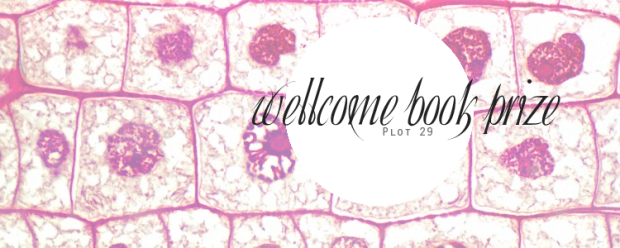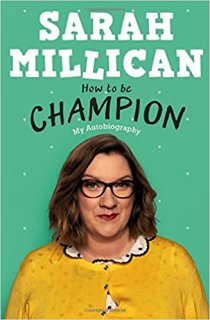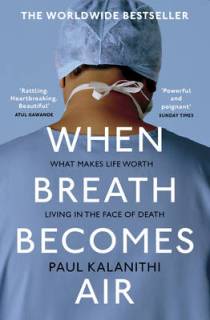

★★★
This was my first foray in to the Wellcome Book Prize Longlist for 2019 and, what can I say, this is an okay book.
This Really Isn’t About You is the authors experience with finding out she had a gene which increases her risk of specific types of cancer, and ultimately is the gene that killed her father. For me though there wasn’t nearly enough about this aspect of it – it was more a memoir on grief, sexual harassment and dating in a 21st century world than it was about the medicine and Lynch syndrome. That’s fine, but I was expecting a lot more from it I think.
It’s a very readable account, and the title is correct, it really isn’t about you it’s very much written by the author for the author. It reads like a therapy exercise, and while that does make it very easy to get through I did get to the end of the book and wonder what the point of it was. I would have loved a book which was more about her father – her father who was partly responsible for building the worlds first MRI scanner, a man who has had his part in the history of medicine. Her father was an incredible man and I’d have loved more about him, instead I found parts of this book to be really self absorbed.
But as I said, finishing this book I wondered what actually was the purpose of it. I don’t feel any more educated on Lynch Syndrome and, honestly, I read this book nearly a week ago and don’t feel I can recall much of it at all. I’d not have picked this up if it wasn’t for the Wellcome Prize, and honestly unless you’re really in to memoirs I’d not recommend it to anyone either.














 This review is going to be short. I don’t think I can be coherent about this book in the slightest, and I definitely don’t have enough words in my vocabulary to express everything I felt while reading this book.
This review is going to be short. I don’t think I can be coherent about this book in the slightest, and I definitely don’t have enough words in my vocabulary to express everything I felt while reading this book.